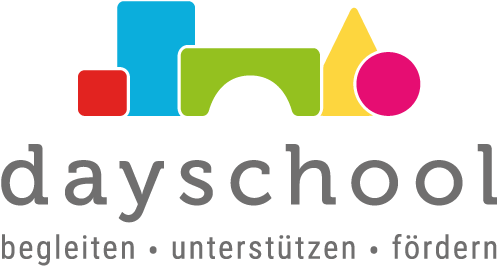Why We Are Trilingual at Dayschool
Nurturing Minds Through Language
At Dayschool, children grow up surrounded by three languages — because we believe that multilingual education is one of the greatest gifts we can give in the early years. From a very young age, a child’s brain is open to language. They don’t simply “learn words” — they are shaping the way they think, communicate, and connect with the world.
The Science Behind Trilingual Learning
Research in child development and neuroscience shows that early exposure to multiple languages strengthens the brain’s ability to focus, switch attention, and problem-solve. Studies from the University of Washington and the University of York, among others, have found that children who grow up bilingual or trilingual show enhanced executive functions — the very skills that help them manage emotions, plan, and adapt in everyday life (Kovács & Mehler, 2009; Antoniou, 2019).
Far from causing confusion, growing up with more than one language actually fine-tunes a child’s ear to the sounds and structures of language. Research by Werker & Byers-Heinlein (2008) demonstrated that multilingual infants develop stronger phonetic flexibility — they can distinguish and reproduce different language sounds more easily than monolinguals.
Language and Identity
Each of our languages — English, German, and French — represents a unique way of seeing the world. By hearing, speaking, and playing in three languages, children learn empathy, cultural awareness, and the joy of communication.
They may mix languages at first, and that’s completely normal. Linguists call it code-switching — a natural and creative part of multilingual development. Over time, children learn when and how to use each language appropriately.
More Than Words
Trilingual education supports not only communication but also social and emotional growth. Children learn that there are many ways to express an idea, to solve a problem, or to make a friend. They become confident global citizens — open, curious, and ready to thrive in an interconnected world.
A Foundation for Life
Studies consistently show that multilingual children perform at least as well academically as monolinguals, and often excel in areas that require focus, creativity, and flexible thinking. Their combined vocabulary across languages usually equals or exceeds that of monolingual peers (Pearson et al., 1993; Hoff et al., 2012).
At Dayschool, we see these benefits every day: children who listen carefully, switch easily between languages, and engage deeply with others.
Language is not just a skill — it’s a way of growing. And in our trilingual community, children grow beautifully.
